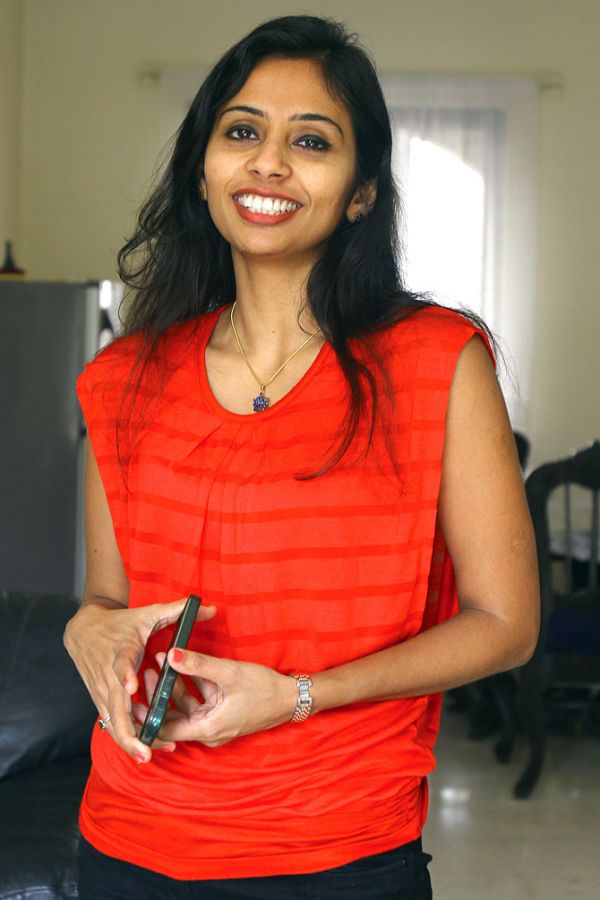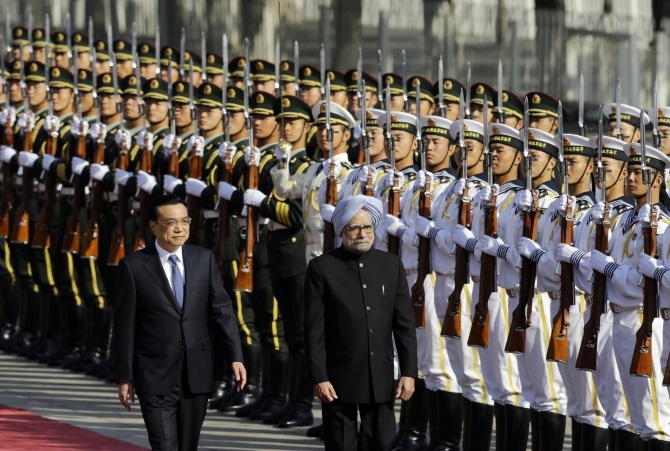 Former US Ambassador to India David Mulford, who served for five years in Delhi during the George W Bush administration, has sated that Washington should apologised publicly for the way former New York Indian Consul General Devyani Khobragade was strip and cavity searched last December following her arrest for alleged exploitation of her maid.
Former US Ambassador to India David Mulford, who served for five years in Delhi during the George W Bush administration, has sated that Washington should apologised publicly for the way former New York Indian Consul General Devyani Khobragade was strip and cavity searched last December following her arrest for alleged exploitation of her maid.
Mulford, now vice chairman international at Credit Suisse, speaking at a Capitol Hill conference titled US-India: The Road Ahead, hosted by the US-India Political Action Committee, said, ‘The United States has allowed the Indian relationship to weaken and to lose its punch, and this is something that desperately in my view, needs to be repaired.’
‘And, as part of that,’ he said, ‘I would like to apologise -- whether the administration does or not is another thing -- for the way in which your Deputy Consul General was treated quite unnecessarily with the overreaction that went on in the United States and rightly offended many Indians.’
Mulford said, ‘There was no excuse for the way in which that was handled in my view,’ and reiterated, ‘We should just say so and apologize.’
Meanwhile, Republican Congressman George Holding who is a member of the House Foreign Affairs Committee who led a Congressional delegation to India in December, which was shunned by among others, then BJP’s prime ministerial candidate Narendra Modi who refused to meet US lawmakers, said during that entire visit Indians were seething with anger at the treatment meted out to Khobragade and this had certainly ruptured Indo-US relations.
He said this manifestation was another example of the Obama administration allowing US foreign policy to be ‘adrift without much foresight or intent in looking ahead and making a long range plan and that has impacted to our detriment our relationship with India.’
Thus, Holding said, the recent ‘momentous election,’ and the advent of the Narendra Modi-led BJP government offers hope to reset this relationship.
‘It is my hope, and indeed something I have been urging this administration, to turn over a new leaf and engage, because this is the opportunity the United States has been looking for in a partner in India,’ he argued.
Harding noted that ‘Modi has said the 21st century will be India’s century, (but) I think the 21st century can be the century of the Indo-US alliance in a big way.’










